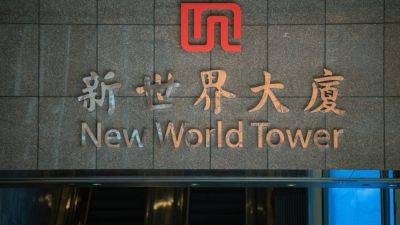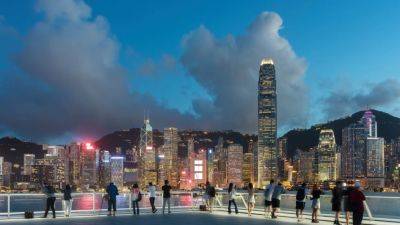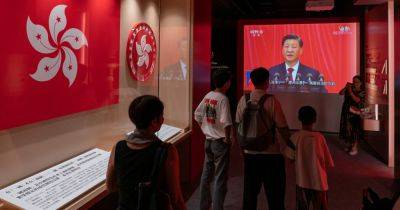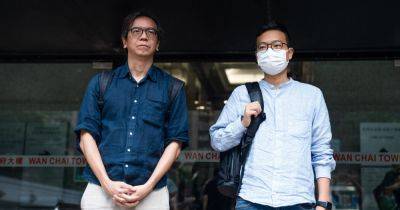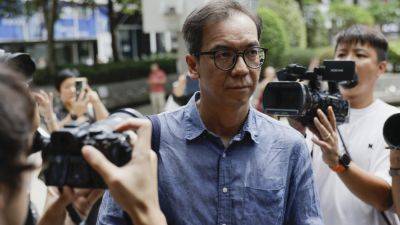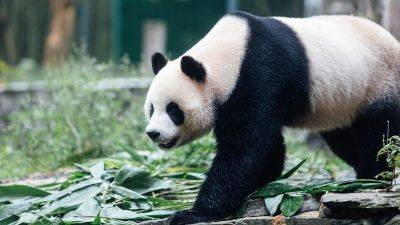A decade later, Hong Kong’s massive democracy protests remain an enduring memory
HONG KONG (AP) — Scores of red Chinese flags now flap near the Hong Kong government headquarters in preparation for China’s national day as police patrolled the area thousands of demonstrators occupied a decade ago to protest Beijing’s restrictions on candidates running for the city’s top job.
In Sept. 2014, protesters fended off police’s pepper spray using their umbrellas in a 79-day face-off, and the largely peaceful Umbrella Movement saw more people join an encampment around the two nearby bridges.
The movement, also known as Occupy Central, catalyzed a profound political awakening among many young Hong Kongers and shaped the huge anti-government protests in 2019, the biggest challenge to Beijing since the former British colony returned to Chinese rule in 1997. Beijing, in return, imposed a sweeping national security law that critics say cracked down on freedoms and saw many activists jailed while others fled the territory.
Many leading activists have been prosecuted, including some former leaders of the 2014 movement. Legal scholar Benny Tai, dubbed Occupy co-founder, awaits sentencing over an unofficial primary in the city’s biggest national security case. The movement’s then-student leaders Joshua Wong and Lester Shum also remain in custody.
Nathan Law, another former student leader, was forced into self-exile and is among a group of overseas-based activists targeted by police bounties. Two other Occupy co-founders — scholar Chan Kin-man and Rev. Chu Yiu-ming — moved to Taiwan. Another former student leader Alex Chow is pursuing a doctoral degree in the United States.
Dozens of civil society groups were disbanded. Apple Daily and Stand News, news outlets known for their critical reports of the government, were


